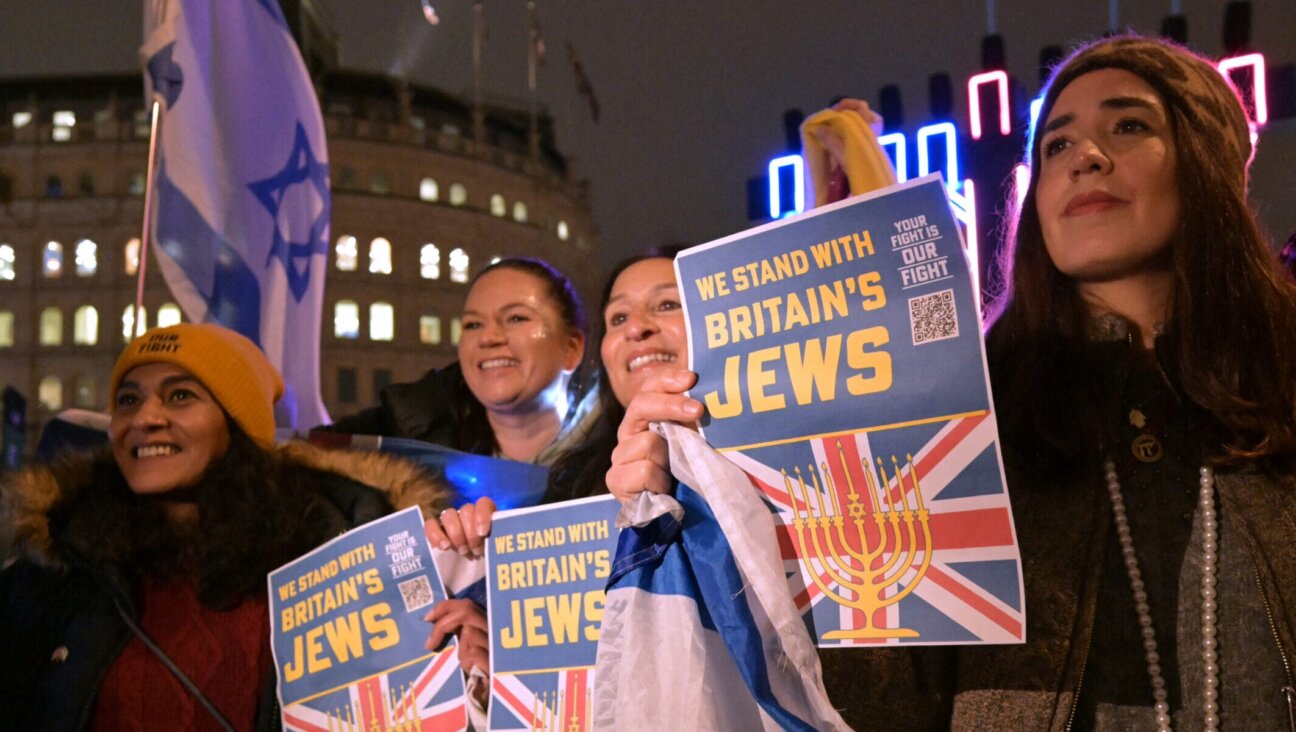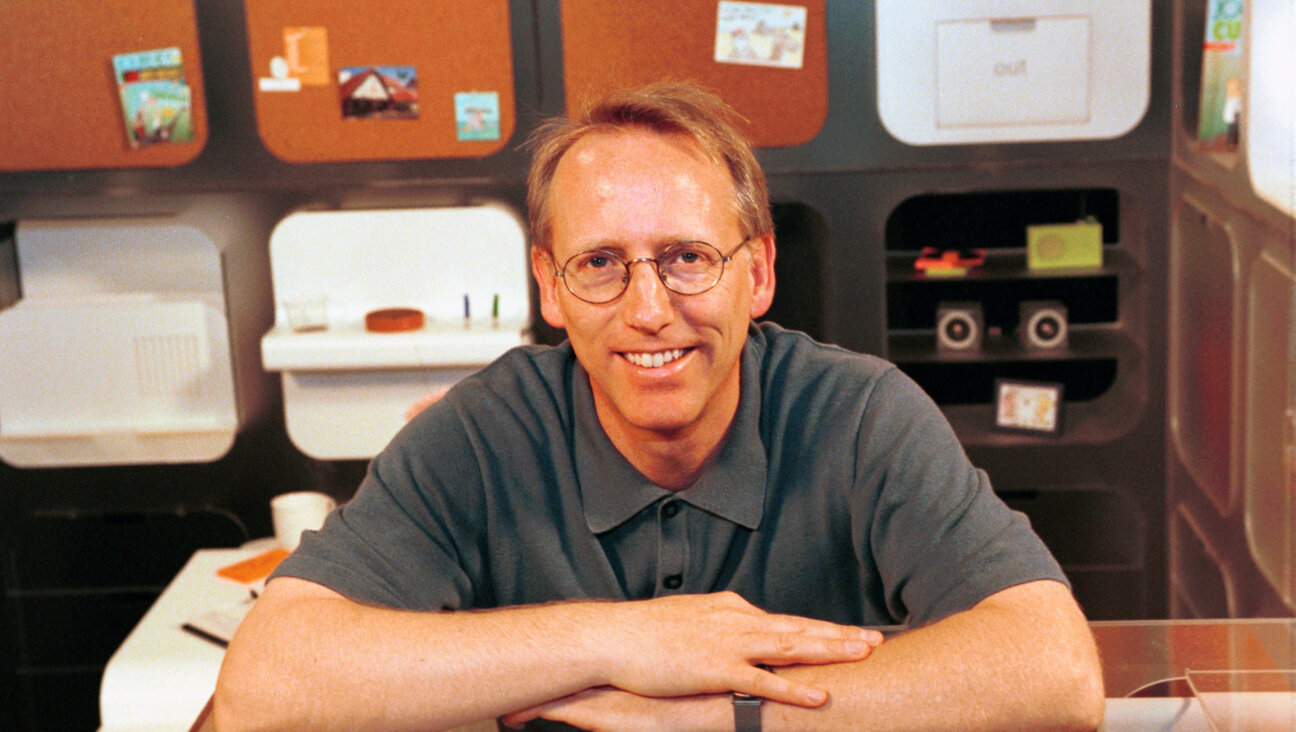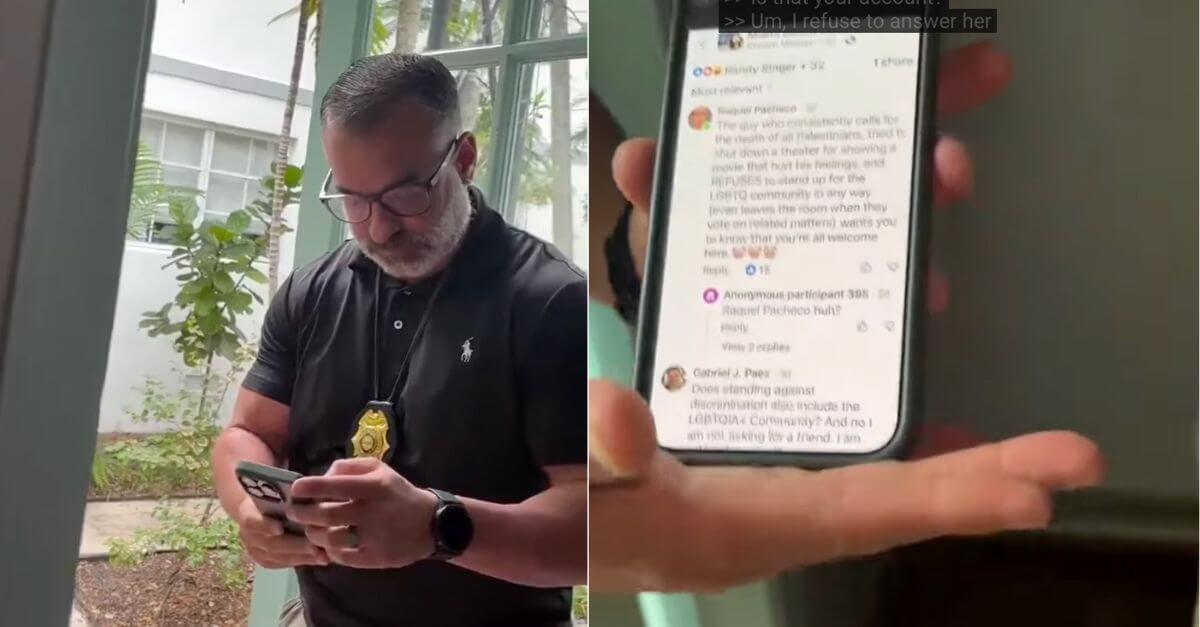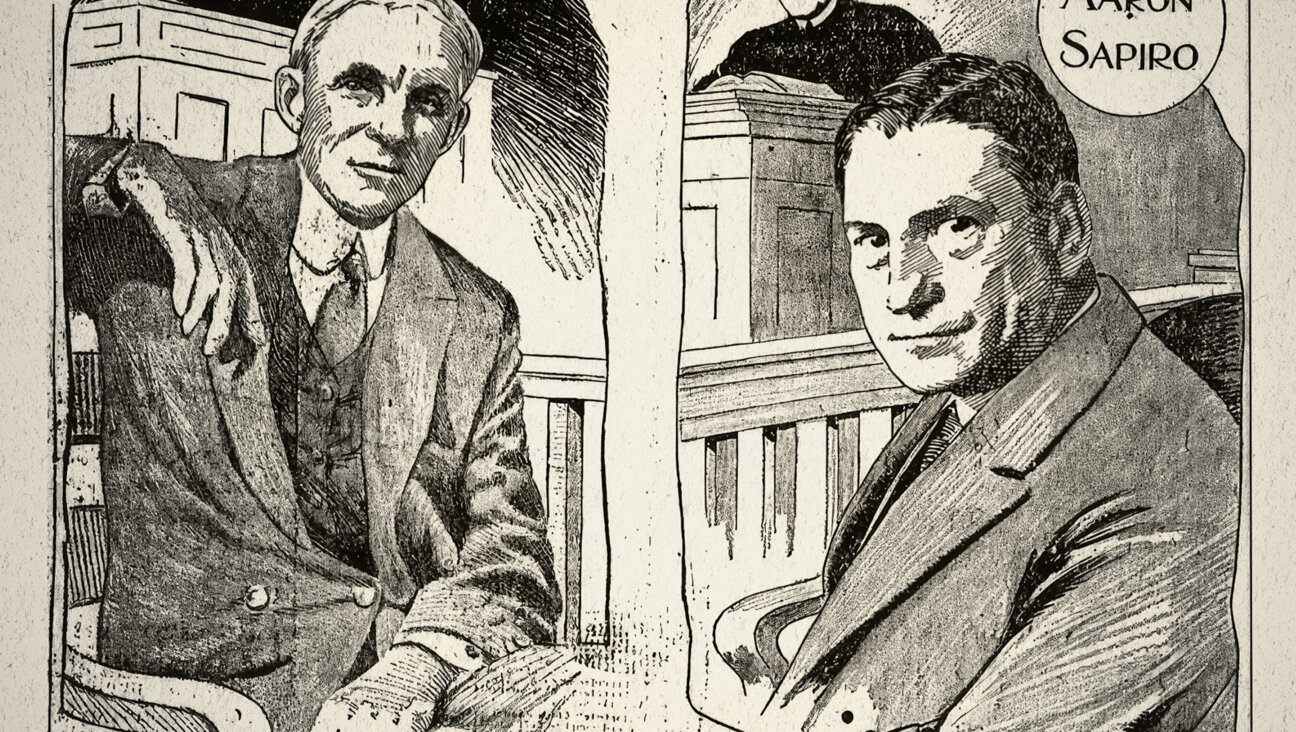Dutch Chief Rabbi Speaks Out on Anti-Gay Violence Among Refugees
Reported abuse of homosexuals at refugee centers shows the need for educating refugees to tolerance as soon as possible, Dutch Chief Rabbi Binyomin Jacobs said.
Jacobs’ statement Friday followed an expose aired the previous day by the Dutch broadcaster NOS. In it, the country’s main advocacy group for homosexuals, COC, revealed that over the past two weeks, it has received reports of 10 cases of harassment and intimidation of gays at the Netherlands’ dozen-odd facilities housing refugees from Syria and Iraq.
The report, which included interviews with gay refugees who said they feared they would be murdered by other refugees who were threatening them, came days after the Central Jewish Board of the Netherlands advised against a plan to open a refugee center in Amstelveen. Open a center in the southern suburb of the Dutch capital was deemed risky by the board because it is the only place in the Netherlands with a Jewish community infrastructure and a large number of recognizably Jewish community members.
“Violence is utterly unacceptable,” Jacobs told JTA on Friday. “The incidents involving violence against gays show the need for education and integration as soon as possible.”
Jacobs also said the abuse of gays demonstrated “the difference of culture, which needs to be bridged, between some of the refugees, and the norms accepted in the Netherlands.” Jacobs said he supported helping refugees, but added they “were brought up with fierce anti-Semitism and other forms of hate and intolerance. As a result some of them harbor those hatreds.”
He said opening a refugee center in the heart of a heavily Jewish neighborhood “is like opening it in front of a center for gay people.” He said he was in favor of “immediate integration action” before refugee centers are opened near concentrations of Jewish populations, and elsewhere.
“If someone plans an attack like we’ve seen in Paris, then it doesn’t matter whether they live in close proximity to Jews or not,” Jacobs conceded. But, he added, “not placing refugees directly within a Jewish population provides a certain buffer from individuals who may be motivated or incited to perform an attack in the heat of the moment.”
Some 12,000 refugees from the Middle East arrived in the Netherlands in recent months — part of a stream of hundreds of thousands of migrants who crossed into the European Union from the war-torn area.















